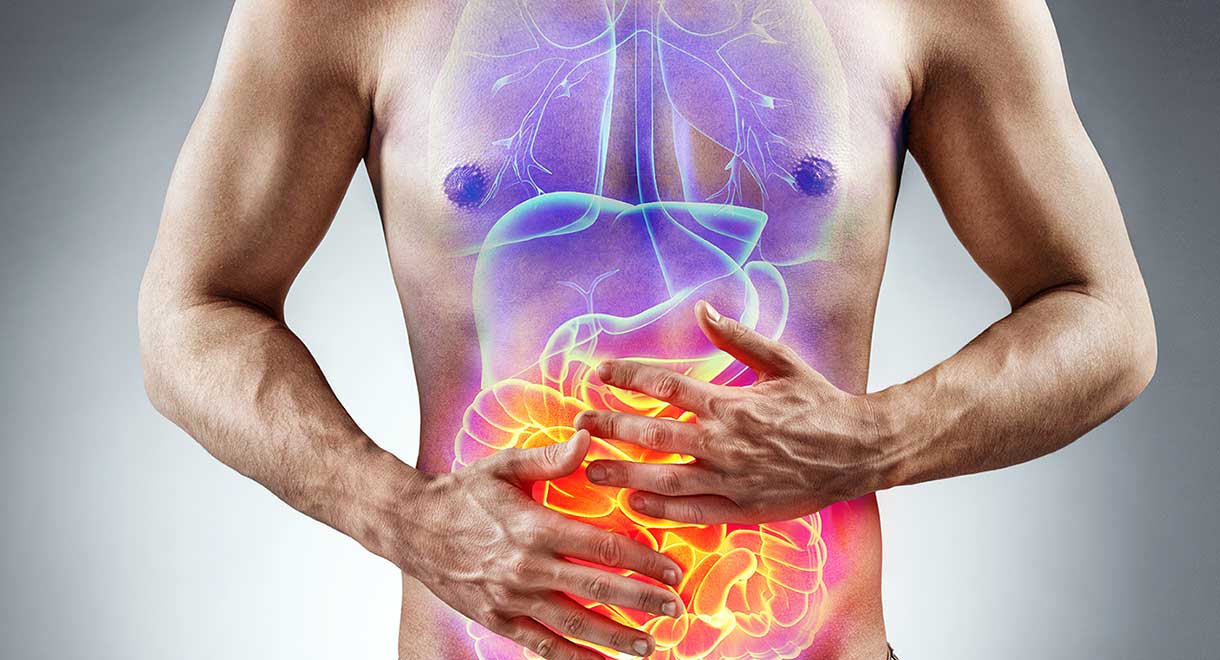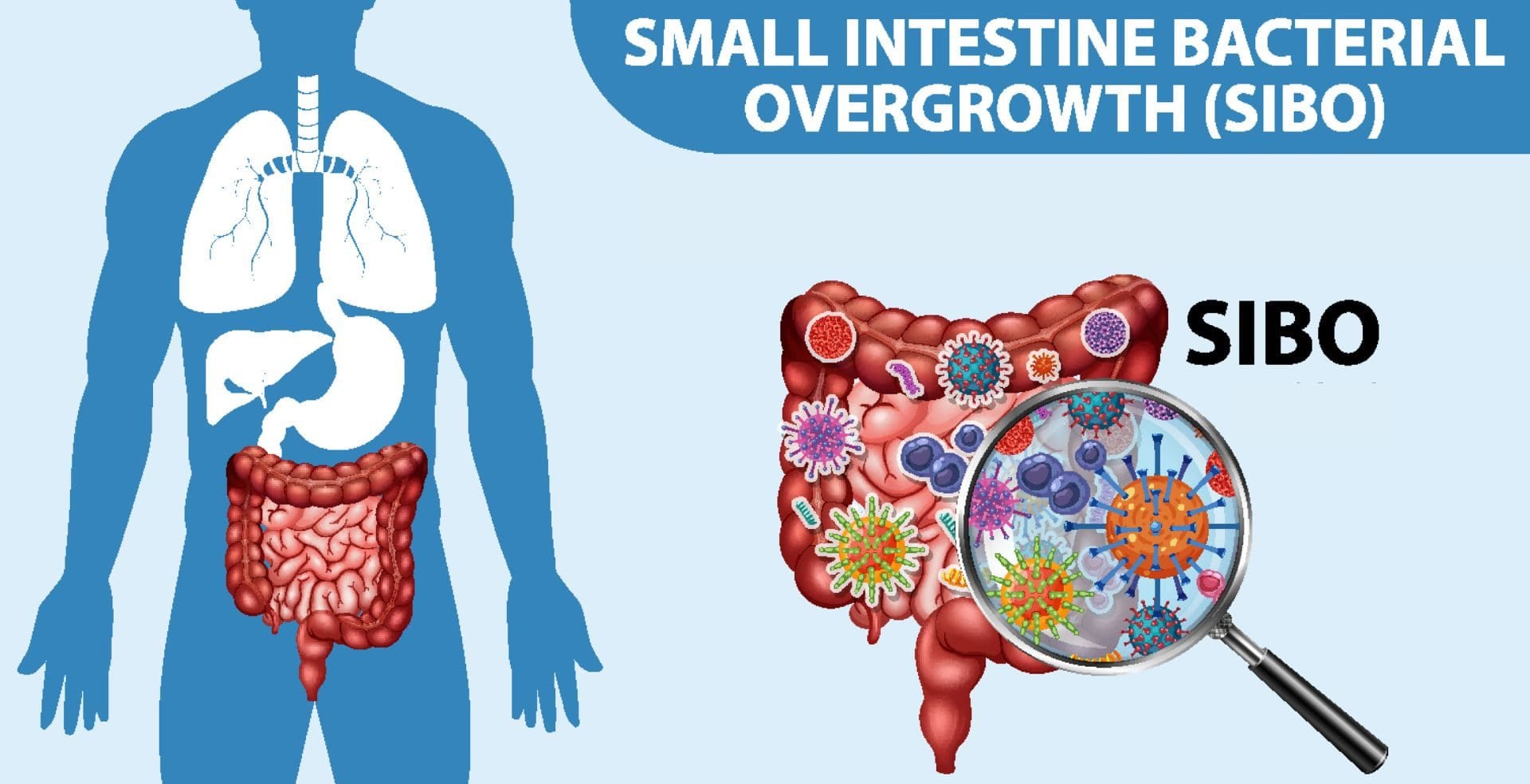Is SIBO causing your irritable bowel syndrome?
By naturopath Margaret Jasinska
Irritable bowel syndrome affects approximately 1 in 5 people. Small Intestinal Bacterial Overgrowth (SIBO) is one of the most common causes. It can lead to symptoms like bloating, gas, reflux, constipation or diarrhoea.
In the past it was thought stress is the main cause of IBS. Stress can definitely be a big contributor, but we now know there’s more to it. Food intolerance, too many bad gut bugs and not enough good bugs, as well as bacterial overgrowth in the small intestine are usually responsible. Diet changes, as well as specific remedies to alter gut bugs can be very effective for relieving IBS. Having excess bacteria in your small intestine can cause fermentation to occur, along with inflammation to the gut lining. This can produce typical symptoms of IBS.
Testing conducted on people with IBS has found between 4 percent and 78 percent of them have SIBO. That’s an enormous range. If you have IBS, it is more likely that SIBO is causing your symptoms if you fit the following criteria:
- You are female
- You are of older age
- Diarrhoea is a dominant symptom of your IBS
- You experience bloating and flatulence
- You use a proton pump inhibitor (drug for reflux/heartburn)
- You take narcotics for pain relief
- You are low in iron
There are hydrogen and lactulose breath tests to diagnose SIBO, but they are not always reliable. If you have IBS and several of the points above apply to you, there’s a good chance you have SIBO. Treating small intestinal bacterial overgrowth can provide a huge improvement in quality of life for IBS patients.
SIBO is defined as an increased number and/or abnormal types of bacteria in the small intestine. The condition encompasses yeast overgrowth such as Candida too, but excess bacteria is more common. There is not supposed to be a lot of bacteria in your small intestine. This part of your intestine is designed for nutrient digestion and absorption. Most of the bugs in your gut are supposed to live in your colon (large intestine).
SIBO can cause symptoms of IBS, as listed above. It can also cause nutrient deficiencies, particularly of iron, magnesium, calcium and vitamin B12. SIBO can cause elevated liver enzymes and fatty liver, because the intestinal lining is compromised, allowing gut wastes to reach the liver, injuring it.
Ways to resolve SIBO
The conventional treatment of SIBO involves the use of antibiotics. The most commonly used antibiotics include rifaximin, vancomycin and neomycin. Neomycin is usually only added to the mix in people who suffer with constipation, because it’s good for stimulating intestinal contractions (it’s a prokinetic). The problem with antibiotics is their benefits are usually short lived, and SIBO returns soon afterwards.
Herbal remedies can be used. The essential oils of oregano, clove and thyme help to relieve symptoms of medically diagnosed irritable bowel syndrome. BactoClear capsules contain these herbs, as well as berberine. Glutamine is an amino acid well known for helping to soothe an irritated gut lining. It is in Gut Health powder, along with other beneficial ingredients.
A gut detox is an effective way of helping to get SIBO and IBS under control. This involves reducing bad gut bugs, increasing good gut bugs and healing the lining of the intestines. You can achieve this by doing the 15 Day Cleanse.
You can also deprive the gut bugs of their food source by reducing your intake of carbohydrate and staying away from sugar. FODMAPs are fermentable carbohydrates found in various plant foods and dairy products. They act like party food for bacteria in the small intestine and can greatly aggravate SIBO and IBS symptoms. A low FODMAP diet can provide immense relief.
Irritable bowel syndrome is a common condition that can significantly reduce quality of life. Fortunately there are effective ways to manage it. Knowing what’s causing your IBS helps you find solutions. There is a lot more helpful information in Dr Cabot’s free Gut Health ebook which you can download here.









Leave A Comment